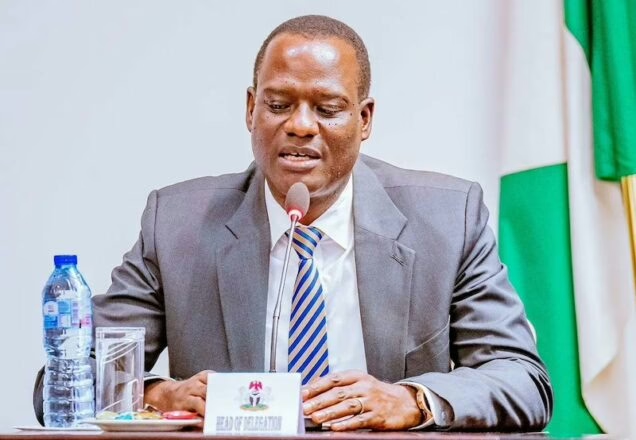The leadership of the National Association of Nigerian Students has urged the Federal Government to fix the nation’s refineries to enable the country to end fuel importation.
This is as NANS decried the continued fuel importation under President Bola Tinubu, saying that this will continue to hurt the economy and worsen the forex crisis currently hitting the nation hard.
The student’s leadership said that President Tinubu should, as a matter of urgency, order Nigerian National Petroleum Corporation Limited to take concrete steps in repairing the country’s faulty refineries, insisting that only this would make Nigeria attain self-sufficiency in oil production.
NANS Senate President Elvis Ekundina, who disclosed this in a statement, said that Nigeria will not achieve rapid economic growth if it continues to import petroleum products from foreign countries.
The association maintained that the Federal government must address the current energy crisis caused by an acute shortage of petrol in the Nigerian market by not only repairing the country’s refineries but also ensuring that they work at optimal capacity.
According to NANS, the country’s refineries, when effectively and efficiently running, can produce enough petroleum products to meet the country’s daily consumption.
Ekundina argued that Nigeria, as an oil-producing country, need not continue to import fuel if all the nation’s refineries are working at optimal capacity.
“It is our belief that refurbishing and recommissioning our faulty refineries to optimal production level will resolve the nation’s energy crisis.
“This will also resolve the challenges the country is having with foreign exchange and the worsening naira crisis.
“When we are able to repair our refineries and put them back to good use, Nigeria’s problem with fuel insufficiency and pricing will be resolved.
“It is good to have our refineries fully working alongside the Dangote refinery as this will ultimately make Nigeria a net exporter of refined petroleum products and this will also allow for stability in fuel prices,” he said.











